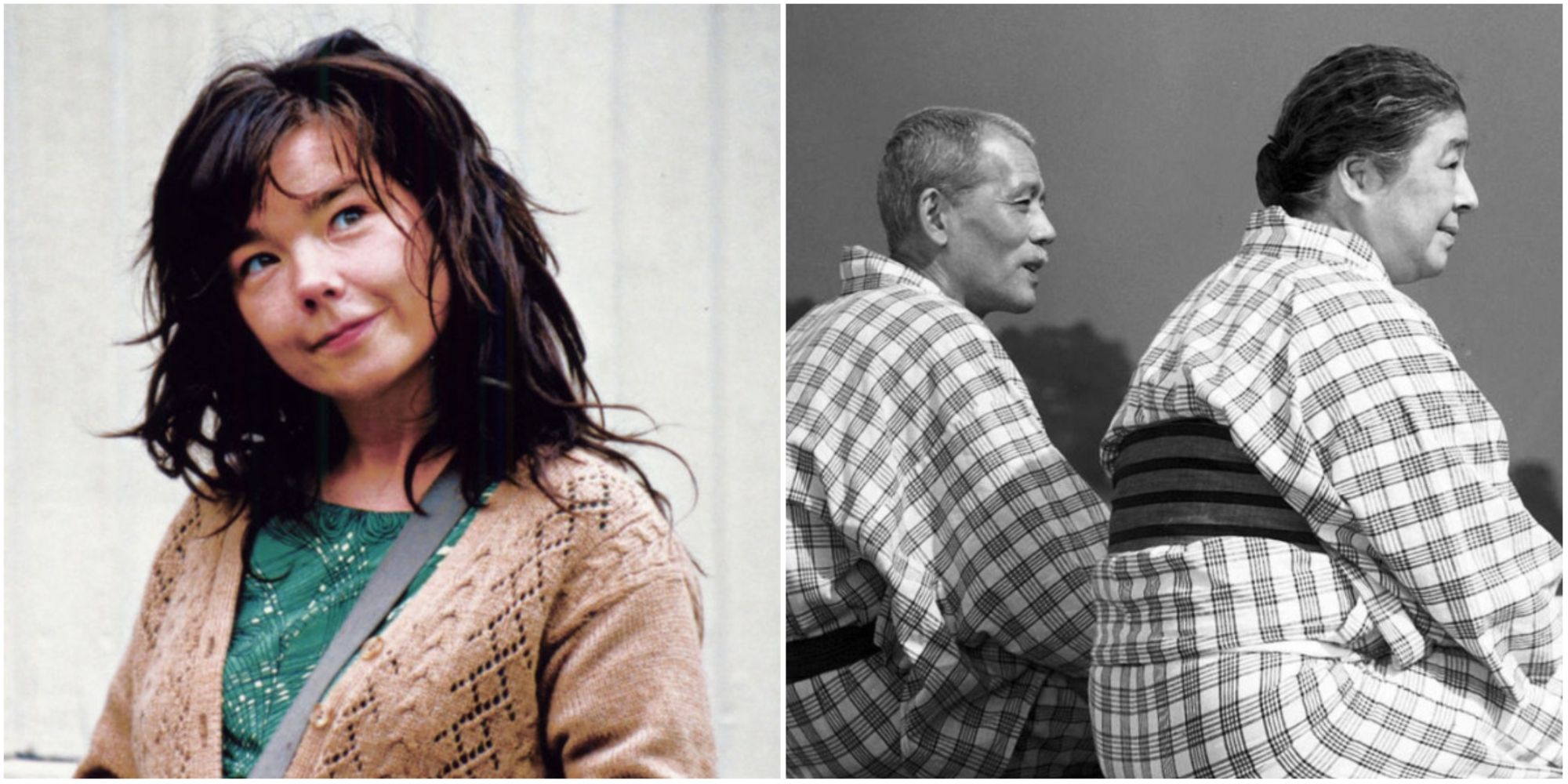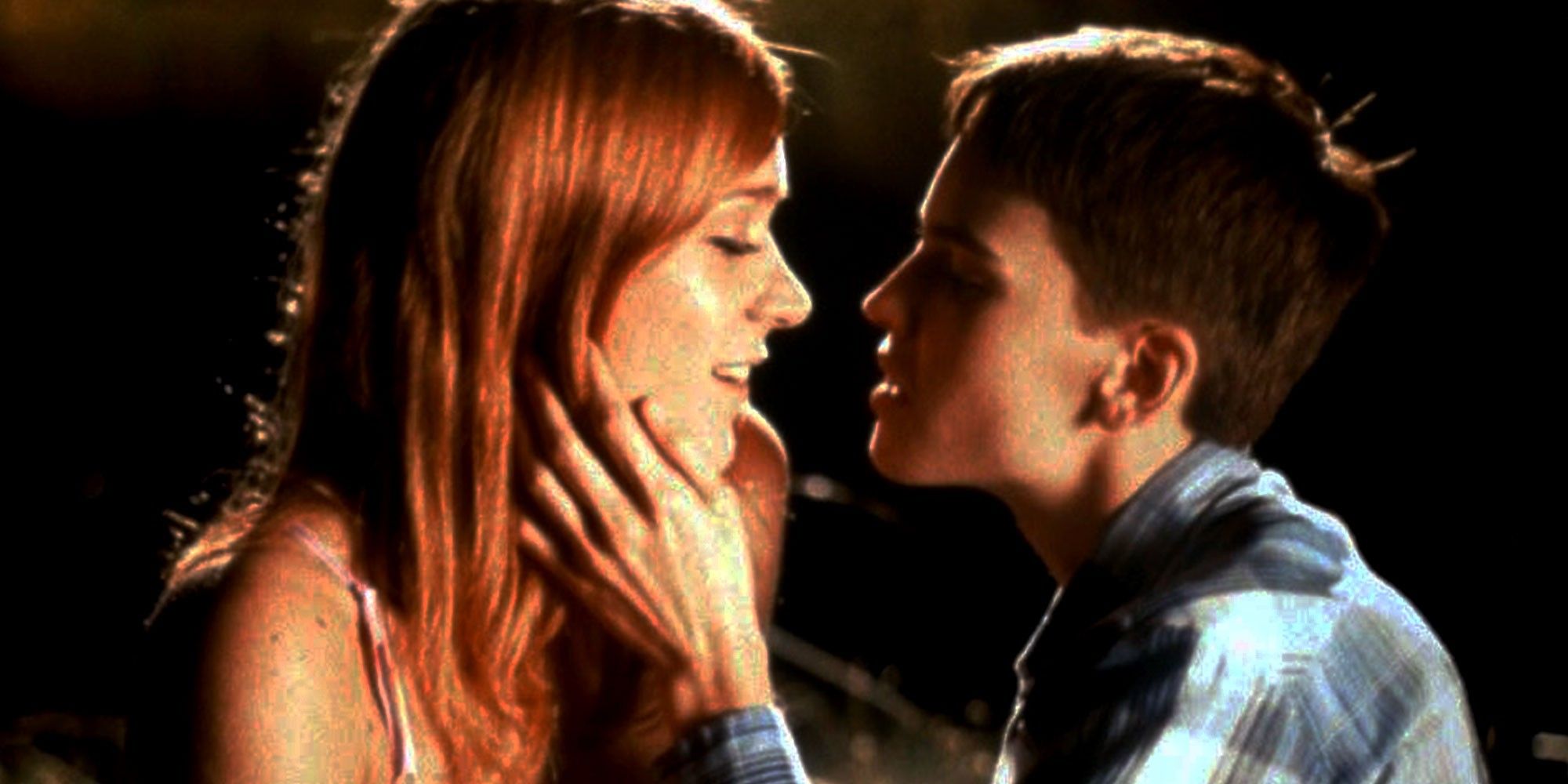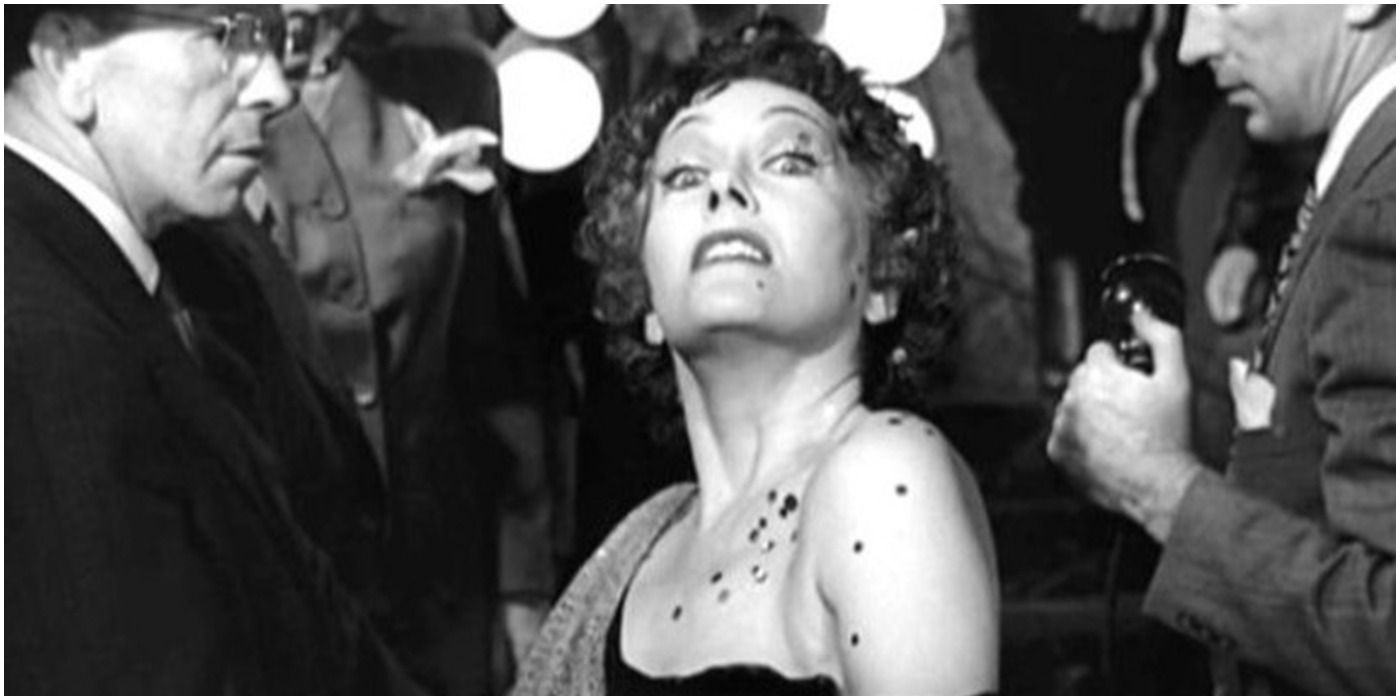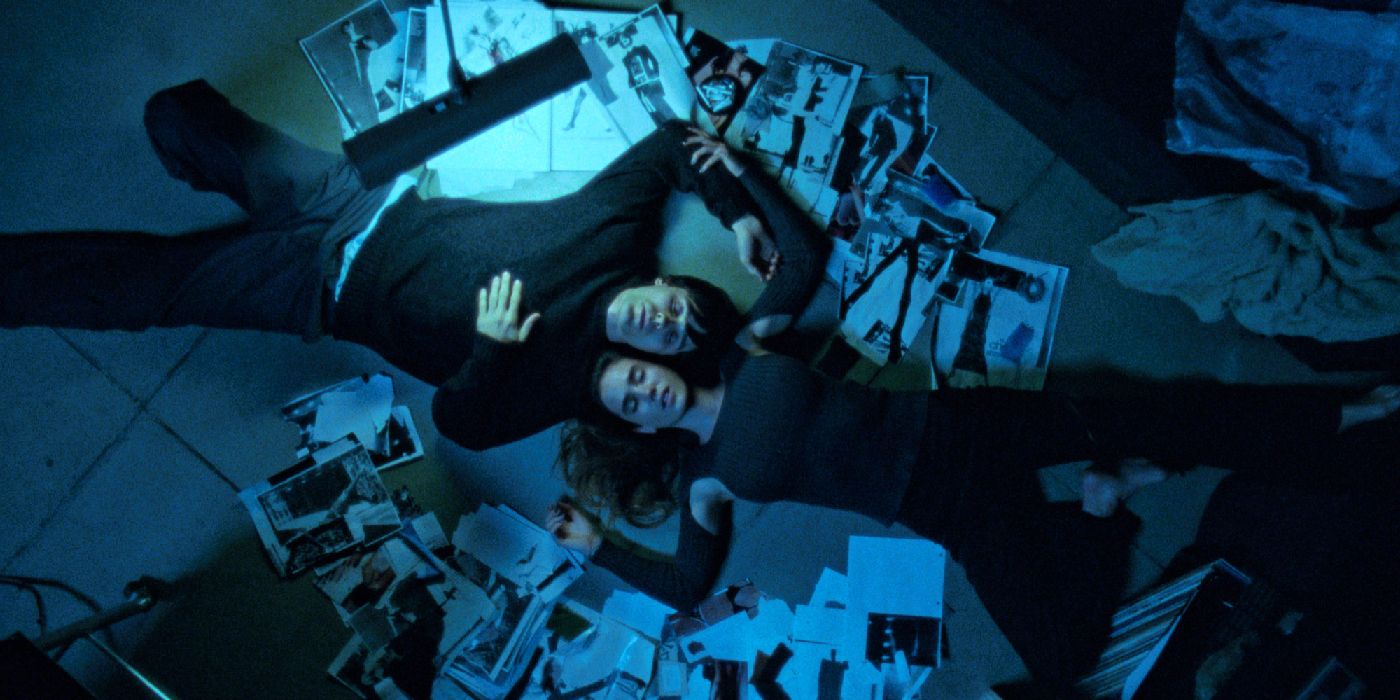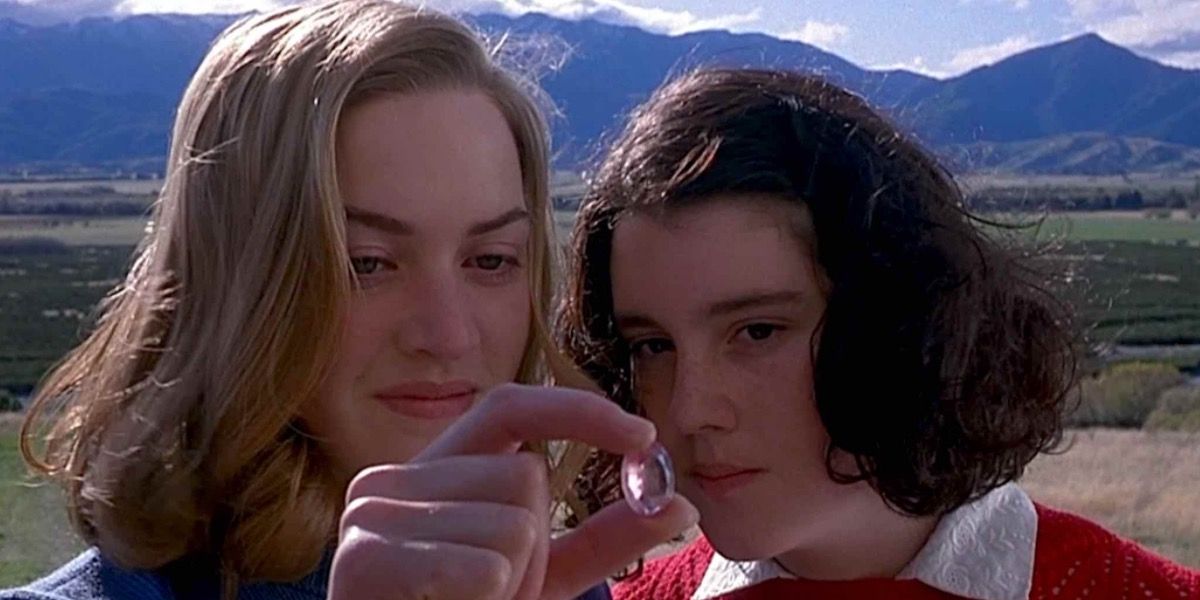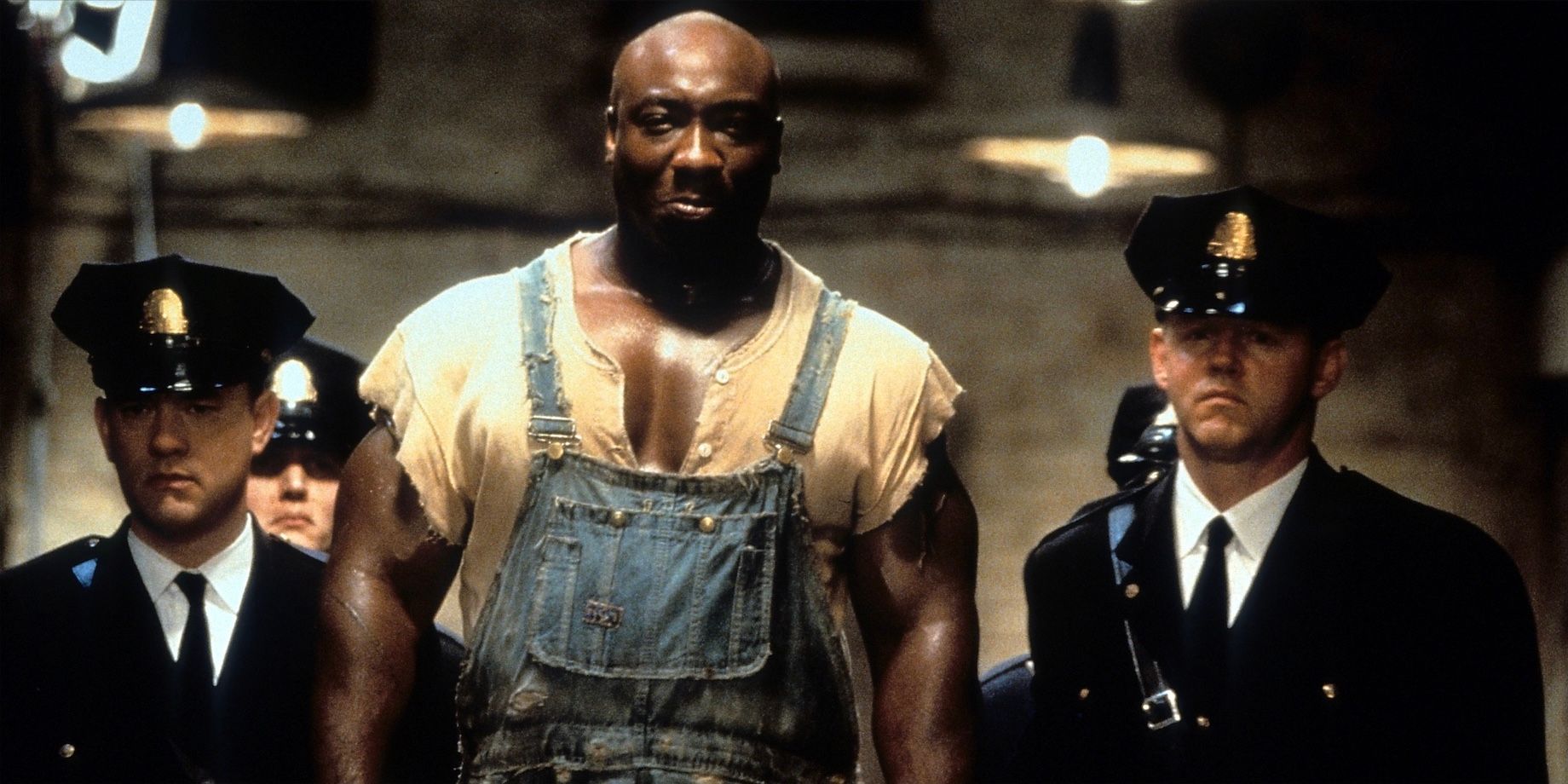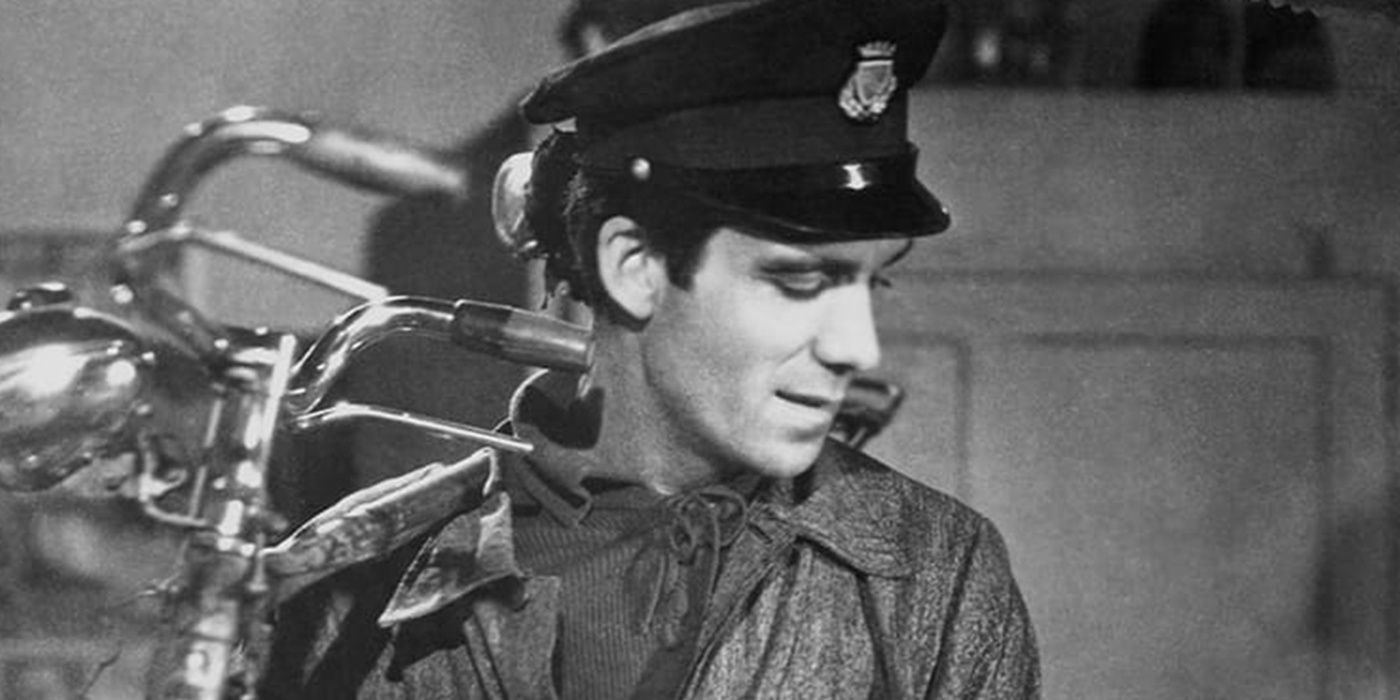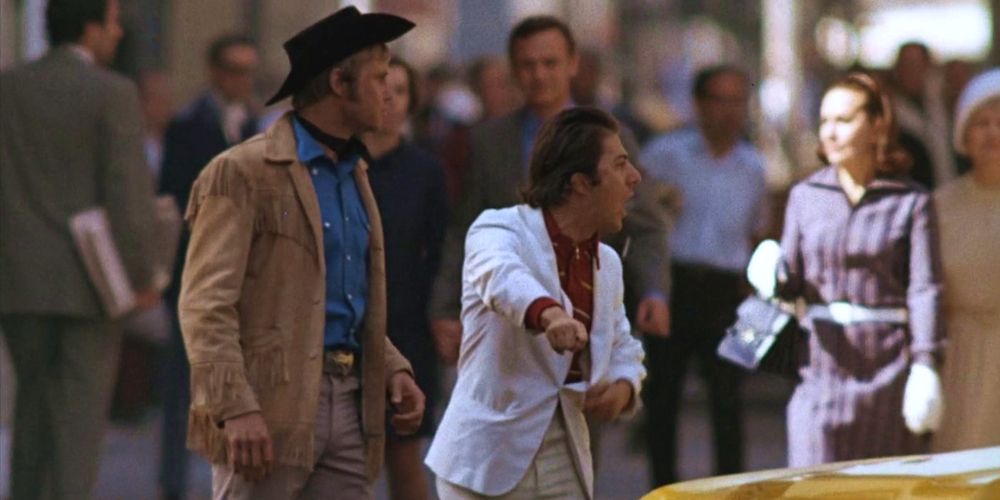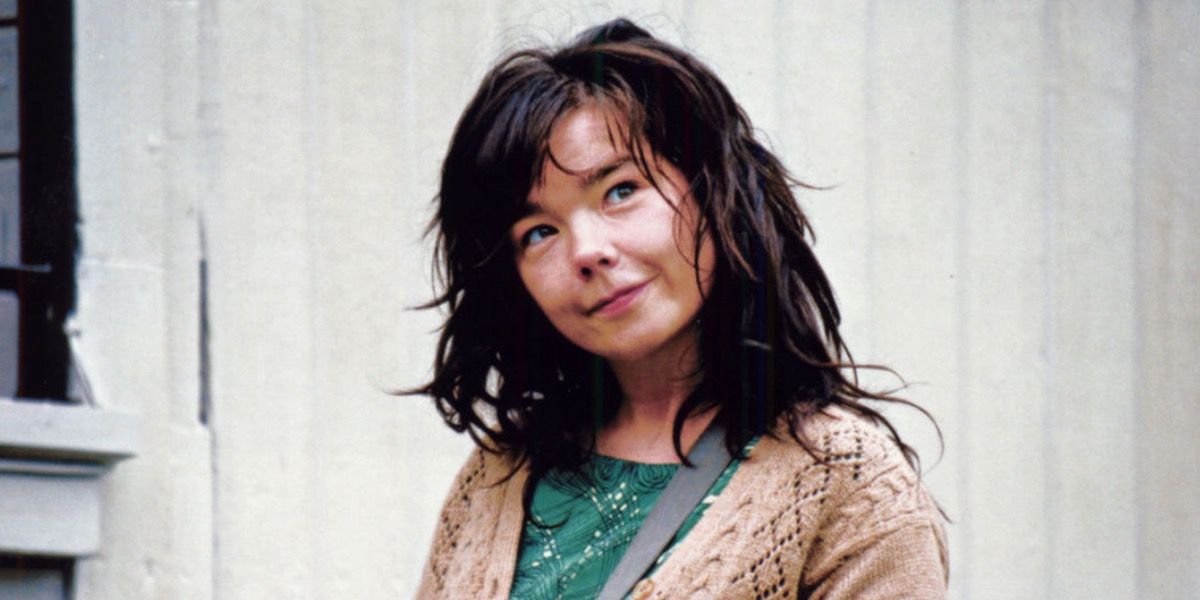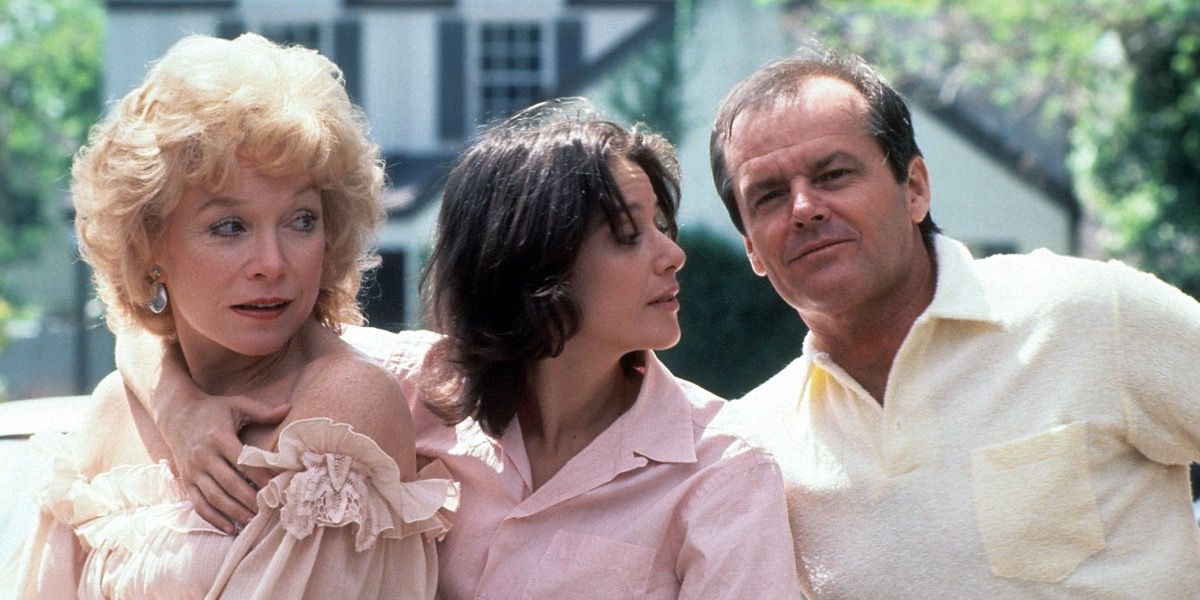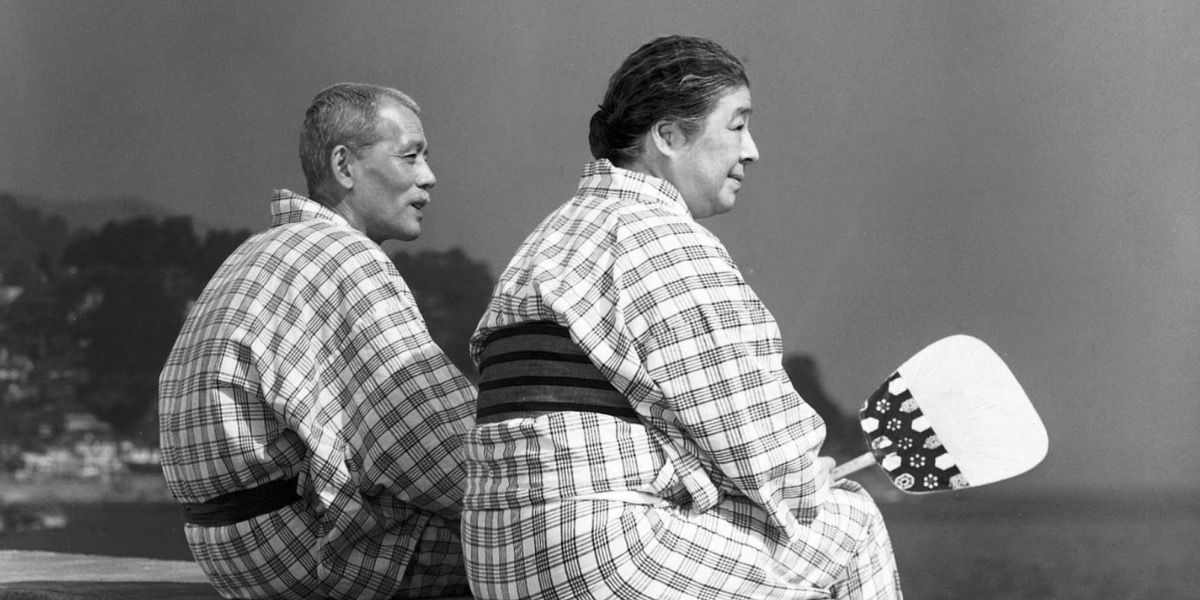Orson Welles, one of the greatest filmmakers of the 20th century, wrote that "a happy ending depends on where [one] stops [the] story." The ultimate goal isn't to make readers/viewers feel good about themselves: it's to make them feel, period. People aren't supposed to live happily ever after because real life isn't a fairy tale — no Prince Charming is standing offstage to swoop in and save the day.
The audience's suspension of disbelief depends on how relatable the characters are, and that often means forging them in the crucibles of trauma and suffering. Unfortunately, characters may not always survive their experiences even if their stories begin on a pleasant note.
This article discusses sexual assault
10 Boys Don't Cry Reflects The Reality Faced By Trans Folk Around The World
Boys Don't Cry is a harrowing story based on the real-life experiences of Brandon Teena, a transgender man murdered for his courageous defiance of gender norms in backwoods Nebraska. Despite its low budget, the movie turned out to be a massive success at the box office, winning several prestigious awards for Hilary Swank's exquisite performance.
Boys Don't Cry contains countless flashes of sweetness and romance, lulling audiences into a false sense of security before casting them into the deep end. Brandon's rape and murder are horrifying to watch, a deeply unsettling reflection of the reality faced by trans folk around the world.
9 Sunset Boulevard Concludes On A Distinctly Bitter Note For Protagonist Norma Desmond
Billy Wilder's Sunset Boulevard stars the incomparable Gloria Swanson in her most recognizable role. Protagonist Norma Desmond struggles to revitalize her forgotten career as a silent-movie star, growing more and more despondent by the day. Joe Gillis' arrival raises her hopes beyond the realm of possibility, making her believe that she still has a chance to reverse her slump.
Norma surrenders her grip on reality by the film's conclusion — she waltzes down her staircase and (presumably) goes straight to jail for shooting Joe. Time Magazine called Sunset Boulevard a shining example of "Hollywood at its worst told by Hollywood at its best"
8 Requiem For A Dream Plunges Its Characters Into An Inescapable Existential Vortex
Powered by a career-defining performance from actress Ellen Burstyn, Requiem for a Dream chronicles the deteriorating lives of its four protagonists in what feels like slow motion. Audiences may scream themselves hoarse as they beg Tyrone, Sara, Harry, and Marion to reconsider their life choices, but it won't make a difference.
Requiem for a Dream plunges its characters into an existential vortex from which there can be no escape. Director Darren Aronofsky delves into the destructive impact of drug addiction with incredible sensitivity, but viewers are nevertheless going to perceive every pinprick, every delusion, and every moment of anguish experienced by the film's hapless characters.
7 Heavenly Creatures Begins As A Fairy Tale Adventure But Ends Like Something Out Of A True Crime Documentary
Peter Jackson might be better known for his work on The Lord of the Rings, but his delicately crafted Heavenly Creatures merits just as much attention. Played to poignant perfection by Kate Winslet and Melanie Lynskey, protagonists Juliet Hulme and Pauline Parker embark on an enchanted adventure, one that gradually draws them into each other's orbits.
Unlike stereotypical fantasy narratives, however, the characters in Heavenly Creatures don't get to live happily ever after. In their adolescent desperation to protect their forbidden relationship, Juliet and Pauline end up killing the latter's mother with a brick. The girls were sentenced to five years in separate prisons and never saw each other again. The worst part about this story is that it actually happened.
6 The Green Mile Features Some Of The Most Heartbreaking Scenes In Cinematic History
Adapted from Stephen King's eponymous novel, The Green Mile features some of the most heartbreaking scenes in cinematic history. Tom Hanks plays Paul Edgecomb, a death row guard who treats all his inmates with the courtesy and respect they deserve. A mysterious man named John Coffey enters the prison, performing supernatural feats that throw Edgecomb's entire world out of balance.
Although the prison guards eventually realize Coffey's innocence, they have no choice but to carry out his execution as ordered by the state. In the film's final scene, Edgecomb wonders if he's being punished with immortality for "killing a miracle of God." The Green Mile depicts the harshness of prison life in America without losing an iota of tenderness.
5 Bicycle Thieves Strips Protagonist Antonio Ricci Of The Only Thing He Has Left: His Dignity
Vittorio De Sica's Bicycle Thieves is considered a seminal example of neorealist cinema and a masterpiece in its own right. The story is agonizing from start to finish, offering neither mercy nor respite for its unlucky protagonist. The theft of Antonio Ricci's bicycle leaves him completely stranded and forces him to spend his precious time hunting for the stolen item.
Several wild goose chases later, Antonio decides to steal a bicycle himself, only to be captured by a nearby crowd. The bicycle's owner takes pity on the poor man, putting him back at square one. Bicycle Thieves strips Antonio of the only thing he has left: his dignity. This movie continues to pack an emotional sucker punch even today.
4 Midnight Cowboy Starts On A Low Note And Ends On An Even Lower Note
Starring Jon Voight and Dustin Hoffman, Midnight Cowboy holds the honor of being the only X-rated movie to win an Academy Award for Best Picture, in addition to Best Adapted Screenplay and Best Director. Despite its overtly severe plot, Midnight Cowboy is a story about two friends and their fight for survival on the unfriendly streets of New York City.
Joe and Ratso's friendship anchors them together throughout the story. Ratso's illness worsens by the movie's conclusion, and he dies on a bus on the way to Miami. Joe has no choice but to hold his friend's corpse until they reach their destination. Writing for the Chicago Tribune, Gene Siskel fervently exclaimed that he could not "recall a more marvelous pair of acting performances in any one film."
3 Dancer In The Dark Ends With A Death Sentence For Its Sympathetic Protagonist
Björk proves that she's a lot more than a world-famous avant-garde musician in Dancer in the Dark, a brutally sobering film by Lars von Trier. Björk plays an impoverished Czech immigrant named Selma Ježková, whose degenerative eye disease threatens her low-paying job at a factory.
When her twelve-year-old son develops the same condition, Selma starts saving her salary for his surgery. The local policeman steals her hard-earned cash, triggering a fight that ends with Selma bludgeoning him to death with a safe. She refuses legal representation, instead spending the money on her son's upcoming operation. As an ironic result of her noble actions, Selma is sentenced to death and executed by hanging.
2 Terms Of Endearment Doesn't Tug On The Heartstrings As Much As Yank Them Straight Out Of The Ribcage
Terms of Endearment explores the roller-coaster relationship between Emma Greenway and her mother, Aurora, played by Debra Winger and Shirley MacLaine, respectively. The movie won five Academy Awards out of a whopping eleven nominations, including Best Picture, Best Actress, and Best Supporting Actor.
Terms of Endearment doesn't tug on heartstrings as much as yank them straight out of the viewer's ribcage. Emma eventually dies of cancer, devastating both her mother and the audience. Critic Roger Ebert praised the film for "its ability to find the balance between the funny and the sad, between moments of deep truth and other moments of high ridiculousness."
1 Tokyo Story Is Sad Because Its Ending Is Inevitable
Tokyo Story, directed by legendary filmmaker Yasujiro Ozo, is near-universally regarded as one of the finest examples of cinema. Sight & Sound ranked it at the top of their greatest films list, while the Rotten Tomatoes critics consensus called it a "masterpiece whose rewarding complexity has lost none of its power more than half a century" after its release.
Tokyo Story examines the erosion of humanity through the weary eyes of its elderly protagonists, Tomi and Shukichi Hirayama. The movie has no shocking moments or unexpected plot twists, but audiences can vicariously feel Shukichi and Tomi's increasing loneliness through the screen. The ending is sad because it is inevitable — people grow old, children leave their parents, and spouses die.

